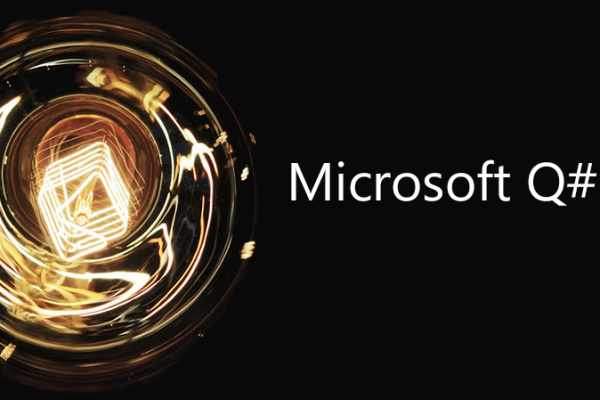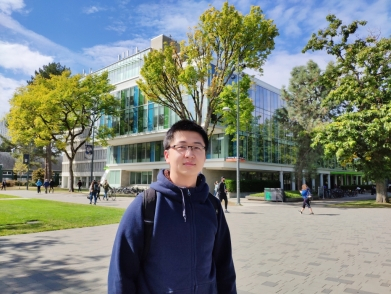
CS student Xingyu Zhou placed 25th in the world at Microsoft Q# contest
It was 3 AM Monday when UBC computer science undergrad Xingyu Zhou finally hit ‘submit.' He had finally cracked the most difficult problem of the third annual Microsoft Q# Coding Contest, a mere six hours before the competition closed.

Organized in collaboration with Codeforces.com, the contest was held online over the weekend of June 19 - 22, 2020. It offered the participants a selection of quantum programming problems of varying difficulty. In each problem, they had to write Q# code to implement a transformation on qubits, or perform a more challenging task.
What's most surprising is that Xingyu's knowledge of quantum computing, prior to the contest, was limited at best." And yet, out of 657 competitors, he placed 25th. The rankings were a combination of solving the problems and time of completion.
"There were easier problems in the competition which I completed first," says Xingyu. "But two sets of problems were on categories brand new to me: Quantum Machine Learning and Quantum Fourier Transform. I basically had to learn about these during the competition." Xingyu is going into his 4th year of a combined degree of math and computer science with UBC.
The Microsoft Q# Coding Contest is open to those over 16, and is designed to help developers ramp up quickly in quantum computing and quantum programming, essentially combining competition with learning. It helps participants build the expertise they need to be ready for the advent of true quantum computing.The topics of the problems to solve included machine learning, quantum programming, entanglement, superpositions and quantum oracles.
"I was surprised to rank so high in the competition," says Xingyu, one of only two participants representing UBC (the other being CS alumnus Aram Ebtekar). "There were people who have studied this topic for a long time, and I only had about 2 weeks under my belt learning about the topic in my CPSC 506 class at UBC."
Xingyu goes on to say this particular success has given him the confidence to continue studying in this area and maybe pursue a Master's degree in Quantum Computing.
Not only are we proud and excited for Xingyu Zhou and his future in this important facet of computing, but we're equally as excited about the future applications of quantum measurement.
Quantum computers aren't limited to 0's or 1's; they encode information as Qubits (quantum bits). Qubits represent atoms, ions, photons or electrons and their respective control devices working together to act as computer memory and a processor. The quantum computer can contain these multiple states simultaneously, so it has the potential to be millions of times more powerful than today's most powerful supercomputers.